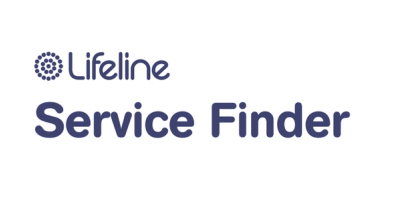Support services for managing anxiety and panic attacks
This page is currently under review and the content will be updated soon.
Seeing the doctor
Seeing your doctor is a good first step if you feel that you may be experiencing panic attacks. They can assess whether you are experiencing panic attacks and can rule out any other physical causes for your symptoms. If you are experiencing panic attacks, your doctor may provide you with a referral to see another health professional such as a psychologist or psychiatrist.
There are also a number of specialised clinics for panic disorder and agoraphobia. These can usually be found through your local hospital or university.
Lifeline volunteers are available 24 hours a day on 13 11 14 or online at www.lifeline.org.au if you require support or need information about services in your local area.
Other support services
It can be very difficult to know what to do and how to cope, but help is available. Below are some places to go for information and support. If life is in danger, please call 000.
- Beyond Blue - a free helpline provides advice and support via telephone - 1300 22 4636 and Beyond Blue - Web Chat
- Mindspot Clinic - provides free, anonymous assessment and treatment for adults experiencing stress, anxiety, depression, OCD, PTSD, and chronic pain. mindspot.org.au
- MyCompass - a free online self-help tool for mental health including anxiety - mycompass.org.au
- This Way Up - online, evidence-based CBT course for generalised anxiety, panic disorder, social phobia, specific phobias and trauma. You can get instant access for $59 or speak with your GP to enrol for free. thiswayup.org.au/self-help
- The Brave Program - a free online program for the prevention and treatment of childhood and adolescent anxiety. BRAVE Self-Help Program.
Download our panic attacks factsheet.
Search for more services
Use the Lifeline Service Finder to search for more local and national services available to help support you.
Click here to download, save, or print our panic attacks fact sheet.






